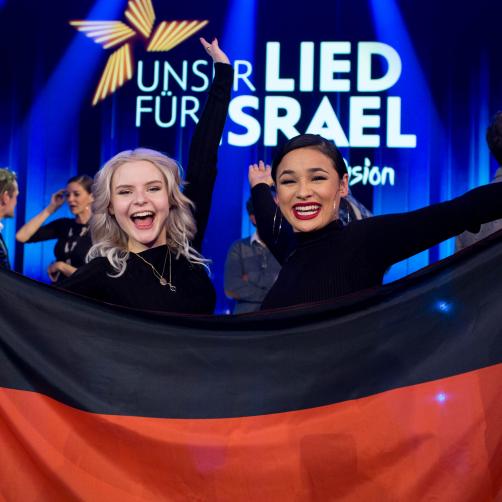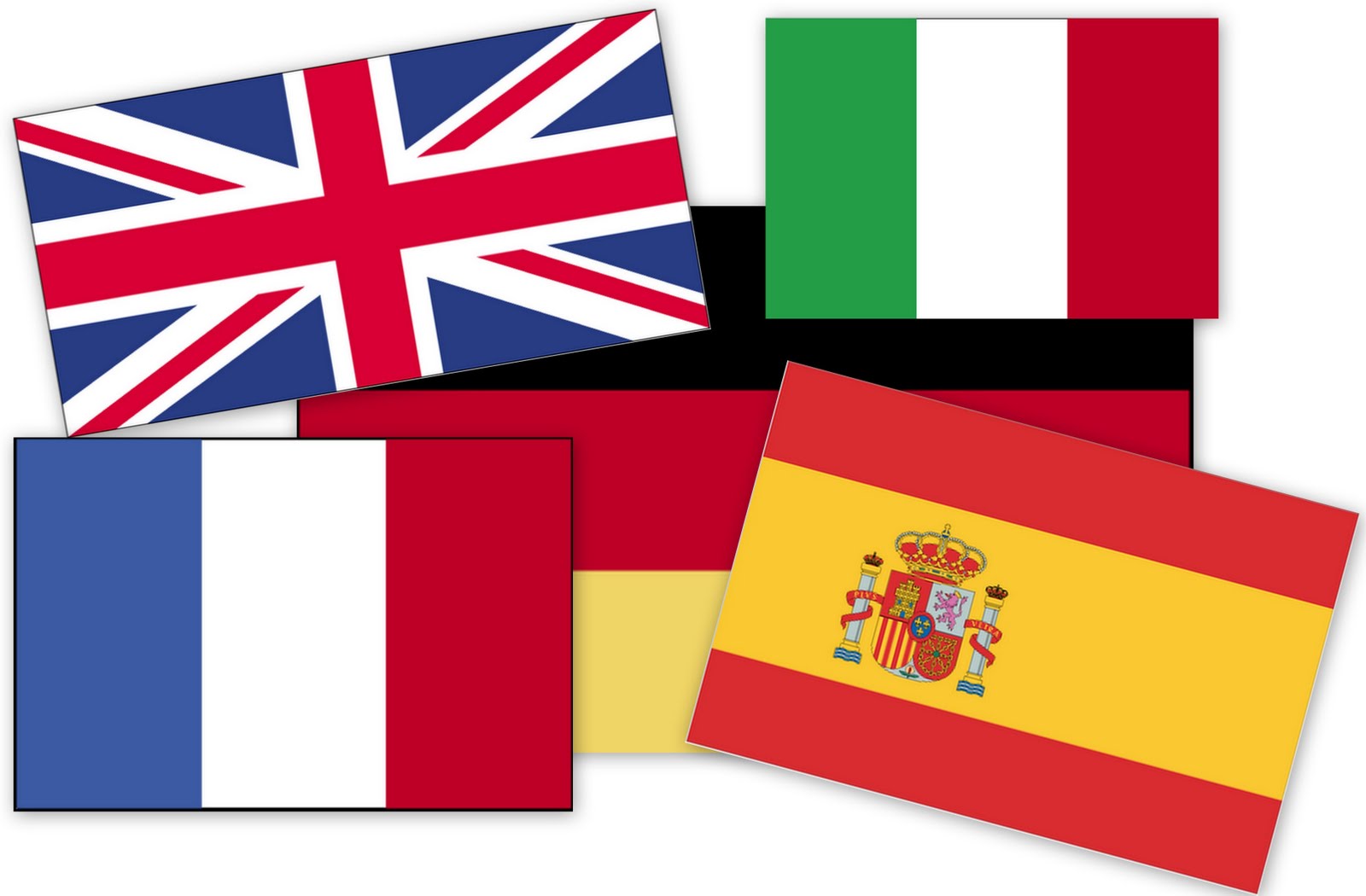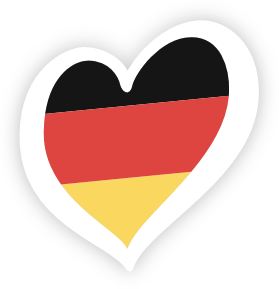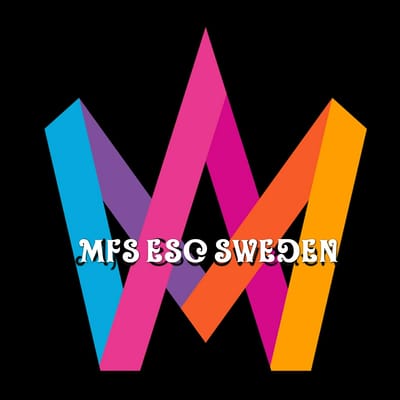Country:Germany Artist:S!sters
Germany/S!sters
Participation Grand Final The entry Title Sister Performed by S!sters Written by Laurell Barker, Marine Kaltenbacher, Tom Oehler, Thomas Stengaard Composed by Laurell Barker, Marine Kaltenbacher, Tom Oehler, Thomas Stengaard Broadcaster NDR
 S!sters consists of Carlotta Truman and Laurita Spinelli.
S!sters consists of Carlotta Truman and Laurita Spinelli.
Preview video
arlotta Truman from Hannover already won the German Rock & Pop award in five categories by the age of twelve, among others, as the best solo singer. In 2014 she performed together with Revolverheld at the NDR 2 Papenburg festival in front of 25,000 spectators. That same year, she was a finalist on The Voice Kids. At the beginning of 2018 she performed live in Willkommen 2018 together with Alex Christensen and the Berlin Orchestra from the Brandenburg Gate on ZDF.
Laurita Spinelli comes from Königsau in Rhineland-Palatinate and now lives in Wiesbaden. In 2002, she won ZDF’s Kiddy Contest at the age of ten. After finishing school, Laurita began to write her own songs and got her first job in music as a back-up vocalist on tour for The Voice of Germany. Currently, she is a back-up vocalist for Lena but is in the process of composing and producing songs for her first album.

 Germany was one of the founding countries of the Eurovision Song Contest has participated in the Eurovision Song Contest every year since 1956 apart from 1996 when its entry failed to qualify from a pre-selection round.
Germany was one of the founding countries of the Eurovision Song Contest has participated in the Eurovision Song Contest every year since 1956 apart from 1996 when its entry failed to qualify from a pre-selection round.
Germany's early decades at the Eurovision Song Contest were a mixed bag; a couple of top five placings but finishing last with zero points in two contests running in 1964 and 1965. It would take Germany until 1970 to reach the top three for the first time when Katja Epstein represented the country in Amsterdam.
Germany's most successful decade at the Eurovision Song Contest was the 1980s where the country notched up six top five placings including four second places and its first victory in 1982 when Nicole won the contest in Harrogate with Ein bißchen Frieden. In 2010 Lena won the Eurovision Song Contest for Germany for the second time with the song Satellite.
German songwriter Ralph Siegel is one of the most notable figures in the competition having written more than 20 different entries, including Germany's first winner in 1982.

